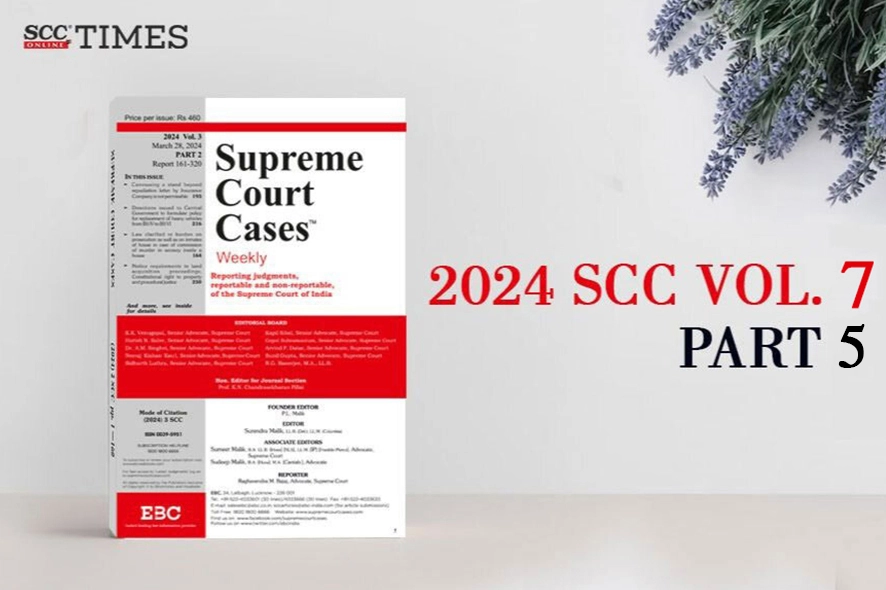Evidence Act, 1872 — S. 112 — Provision under, regarding birth during marriage, conclusive proof of legitimacy — Invocation: Direction issued for DNA test to establish paternity of children who were neither parties to proceeding nor were their status required to be examined during trial of present case, held, was not proper, [Inayath Ali v. State of Telangana, (2024) 7 SCC 822]
Evidence Act, 1872 — Ss. 112 and 114 — Legitimacy of child — Strong presumption of, and how it may be rebutted: Under the Indian legal spectrum, a husband is, held, strongly presumed to be the father of a child born to his wife. Thus, there held a strong presumption regarding the paternity of a child. This presumption, held, can be overcome only by evidence precluding any procreative role of the husband, such as by showing that the husband and wife had no access to each other at the relevant time of possible conception. Therefore, in the absence of proof of non-access, the law, held, considers the husband’s paternity to be conclusively established if they cohabited when the child was likely to have been conceived, [Aparna Ajinkya Firodia v. Ajinkya Arun Firodia, (2024) 7 SCC 773]
Income Tax Act, 1961 — S. 153-C (as amended by the Finance Act, 2015) — Applicability: Law clarified on applicability of S. 153-C, IT Act (as amended by the Finance Act, 2015), to searches conducted under S. 132 before the date of amendment, [CIT v. Vikram Sujitkumar Bhatia, (2024) 7 SCC 741]
Penal Code, 1860 — S. 302 — Extra-judicial confession: Presence of a police official while making of confession before witness, not admissible, [Lal Mohammad Manjur Ansari v. State of Gujarat, (2024) 7 SCC 733]
Stamp Act, 1899 — S. 36 and Ss. 33 & 35 — Bar under S. 36 that once an instrument has been admitted in evidence, then its admissibility cannot be contested at any stage of the proceedings on ground of it not being duly stamped: For bar under S. 36 to operate, there must be judicial application of mind/determination as to whether the instrument concerned is adequately/insufficiently stamped. In absence of a “decision” on question of admissibility i.e. whether the instrument concerned was sufficiently stamped, S. 36 cannot be called in aid. For S. 36 to come into operation, instrument must have been “admitted in evidence” upon a judicial determination, [G.M. Shahul Hameed v. Jayanthi R. Hegde, (2024) 7 SCC 719]







